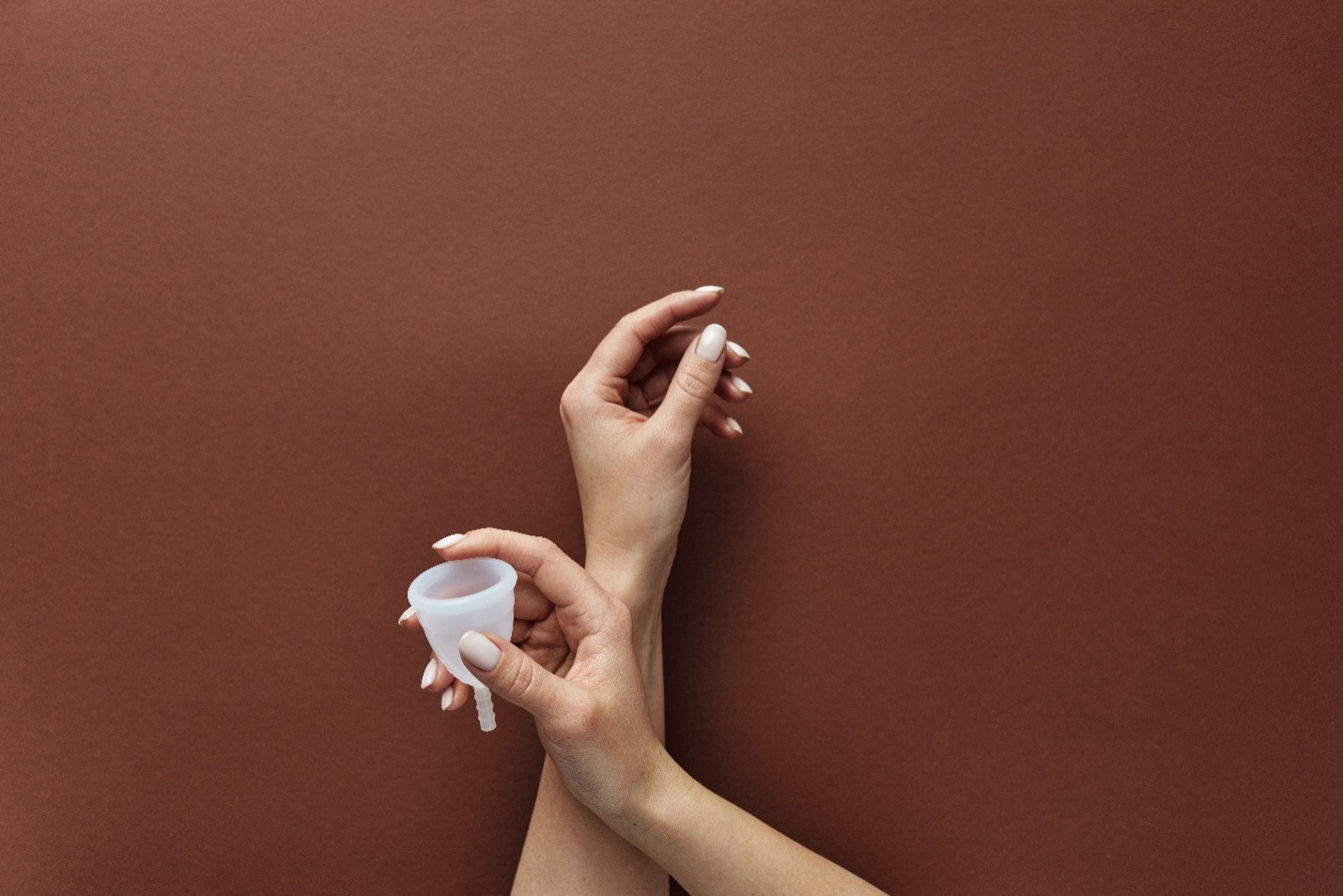Menstrual Suppression: All You Need to Know About It
Did you know period cramps can be as painful as a heart attack? It's no surprise that women are interested in learning more about menstrual suppression and how it works. Some women feel a negligible amount of pain, which is dull yet persistent, but others feel the severity of menstrual cramps in their bones and can't help but groan in pain.
This piece explores menstrual suppression and how virtual doctors are helping women worldwide by eliminating or pausing their periods. Continue reading to find out.

What Is Menstrual Suppression?
Usually, girls start their period between the ages of eleven and fifteen, which also signifies the onset of their puberty. In a normal menstrual cycle, the uterus sheds its lining every 28 days, and this process repeats itself till menopause—which happens when a woman is around 50 years old.
But periods can be extremely distressing and negatively impact a woman's quality of life. This is why some women choose to stop them or get a few months' gap between them. But suppressing your menstrual cycle is not always a choice—some women are medically obliged to stop their cycle. So, suppressing a menstrual cycle using medications and other instruments is known as menstrual suppression.
What Are The Types Of Menstrual Suppression?
- IUD: This is a long-term treatment and lasts for 5 years. When you opt for this method, your doctor will place the IUD inside the uterus. The benefit of this method includes but isn't limited to a lighter flow, manageable cramps, and weight management.

- Skin Patches: This method will have you rushing to your doctor every week, as it must be changed regularly. But you can use skin patches to either get rid of your periods or limit them to every four months.
- Vaginal Rings: The benefit of this method includes reduced acne, with no obvious weight gain. This also needs to change every month, except for a certain type of vaginal ring known as segesterone acetate, which can serve for a year. But before you opt for this method, bear in mind that vaginal rings are likely to cause toxic shock syndrome. They may also be responsible for discharge and mild irritation.
- control pills: This is the most common way of menstrual suppression and requires you to take a pill as per your prescription. Usually, that means consuming a pill every day. It won't get rid of your period but will make it easier to manage with a lighter flow. Combination birth control pills are used globally to pause the cycle.

- Birth Control Shots: These are highly effective and offer a long-term solution for menstrual suppression. Almost 75% of women who use this method observe no bleeding after a year of use, but breakthrough bleeding can still happen. Your doctor will give you a shot every 90 days, so it's relatively manageable. But it comes with a catch: weight gain—so you might have to give it a thought before you decide to use this method.
- Implants: This method lasts for up to three years, and comprises progestin. Your doctor will place a small, thin rod under the skin of your arm. These have not shown a promising result, as only less than 25% of women are able to completely stop their periods.
Why Do Women Opt For Menstrual Suppression?
While some women might choose to suppress the cycle of their own accord, others have to do it for medical purposes. Often, women who menstruate heavily are advised to opt for menstrual suppression. Other reasons why women opt for it are:
- 1.They experience unusual pain during periods
- 2.They might have endometriosis.
- 3.To get rid of headaches and seizures, cramps, and chronic pain
- 4.They might be differently-abled, making it hard for them to maintain their hygiene.
- 5.They have PCOS and experience an unusual amount of bleeding.
- 6.They're anemic, and the blood loss drains them.

Online Consultation Before Using Menstrual Suppression
Even though you don't need to go through any tests before starting menstrual suppression, your doctor is likely to ask you about your medical history. This is to ensure that they prescribe the most suitable treatment for you.
Bear in mind that even after beginning menstrual suppression, you might experience bleeding for up to three months. But there's no reason to worry because this is common, and the methods take some time to regulate and work properly.

Which Option Should I Go For?
That depends on many times you choose to go through your periods annually. If you want a break from your period, or want to cut down on the number of cycles per year, consider getting vaginal rings, birth control pills, or vaginal patches.
However, if you plan to stop menstruating for an extended time, then birth control shots, IUDs, and long-term pills are your best shot. If you're still confused, get in touch with your online doctor to discuss this in detail.
Are You Looking For an Experienced Virtual Doctor?
If you need help managing your cramps and periods or are experiencing other medical conditions such as bronchitis, hypothyroidism, and allergies, get in touch with our online doctors at TelMDCare. At TelMD Care, we help patients by providing them with online consultation services. Our virtual doctors can help people with their ear infections, erectile dysfunction, and numerous other medical conditions.
Book an appointment with us, or learn more about our services today.